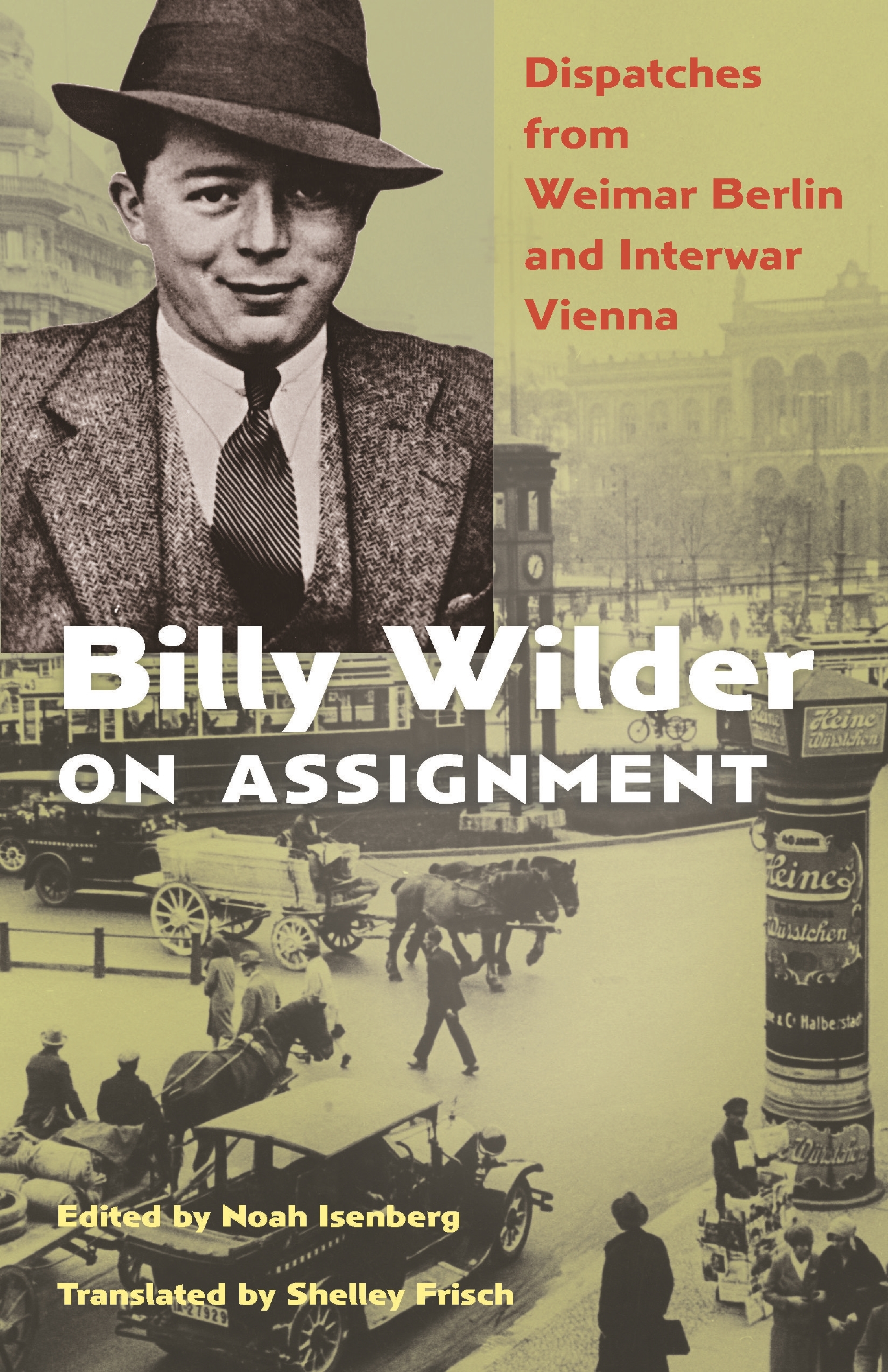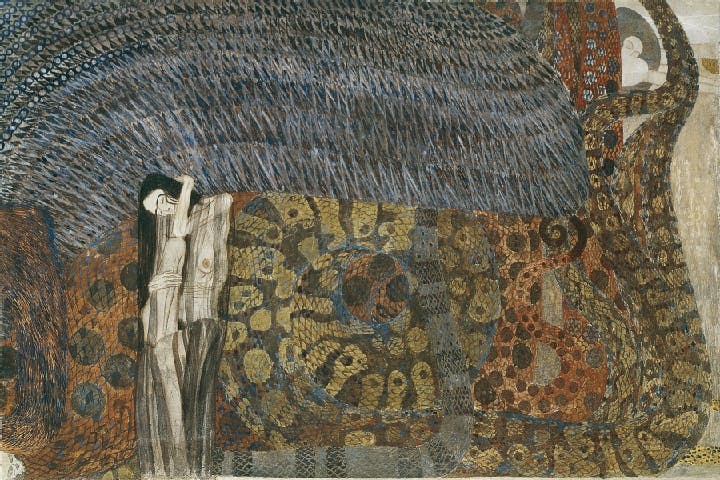Summer 2021
WQ Dispatch - August 2021
– Richard Byrne
A monthly look at what we're reading and watching.
Work has begun in earnest on the Fall 2021 issue of The Wilson Quarterly – which will examine human displacement as a global phenomenon that is reshaping societies as it challenges individual resilience. The issue will appear in late October.

During the worst weeks of 2020, more than 12,000 Florida hospital beds were occupied with COVID-19 cases. But this summer, the virus has blown past that peak: During the last several days, well over 15,000 Florida residents have been hospitalized with COVID. If the state’s hospitals were under strain last year, today things are that much worse.
In the Spring 2021 Wilson Quarterly ("Public Health in a Time of Pandemic"), David Glenn profiled a Florida physician who has been on the front lines of the pandemic from the beginning: Riley Jones, M.D., an internist at the University of Florida Shands Hospital, in Gainesville. Glenn reached out to Jones last week to talk about what he has seen during the Delta surge.
With more than 200 COVID-19 patients in house, Jones’s hospital has needed to covert additional units into ICUs and quasi-ICUs. “The patients are coming in younger,” Jones says. “We’ve had 18-year-olds, 20-year-olds. And they’re coming in much sicker. In the earlier waves, when we admitted patients they’d usually be OK with oxygen by nasal cannula at first. But the other day we had seven new admissions and they all had to be maxed out on high-flow oxygen. They come in so close to dead.”
This was not the summer that Jones had hoped for. This past spring, after a solid year in the COVID trenches, he felt badly burned out. “I was just licking my wounds, to be honest,” he says. “There really was some damage. I took some time off with my family and tried to focus on hobbies. And I know that many of my colleagues have been through the same. I don’t know that any of us were done with the recovery process. And now, with the surge – it’s not a great mix.”

So far, Jones says, the hospital has managed its staffing crisis reasonably well, by bringing in temporary contractors. But that strategy always carries costs: “The contract nurses who have come in are fine,” Jones says. “But they don't have the institutional memory of how this hospital works. That extra five minutes it takes them to find a telephone number or to learn our process for transferring a patient – when we’re this busy with patients who are critically ill, those small delays are very palpable.”
Jones says that he’s sometimes had to resist being drawn into arguments with patients. “You ask them if they’ve been vaccinated, and some of them just start cussing you out,” he says. “But you just take a deep breath and realize that by definition, it’s not anyone’s best day.”
Even amid the surge, Jones says that only around 20 percent of people in Gainesville stores are wearing masks. “This is a sinking ship,” he says. With the state’s lackluster approach to public health, Jones expects the Delta surge to get worse before it gets better. He and his wife recently decided to keep their kids at home this year; pre-school would simply be too dangerous.
Jones and his wife also have had to put on hold their hopes of returning to work in a refugee camp in Colombia, as they once did for six months each year. When 2021 began, they had hoped to be back in Colombia by September. “Our hospital is stretched so thin right now,” Jones says, “my division has made it clear that no one’s going anywhere.”

One of the great pleasures of editing The Wilson Quarterly is the chance to talk about each issue on Wilson Center NOW – a long-running series of interviews hosted by John Milewski.
In our conversation about the Summer 2021 issue on treaties and negotiations ("Conflict/Resolution") on a recent episode, I was joined by Michael Kugelman, the Deputy Director of the Asia Program, for a wide-ranging discussion of “Pacts and Impacts” – his insightful article on the complexity of India’s stance on international agreements.
Make sure to keep Wilson Center NOW on your radar. The program brings you the best of the Wilson Center’s thinkers every week.

How did legendary film director Billy Wilder create and sharpen the unique sensibility that had such an immense impact on Hollywood? A new book – Billy Wilder On Assignment: Dispatches from Weimar Berlin and Interwar Vienna (Princeton) – explores the roots of one of Hollywood’s most accomplished and acclaimed directors in the fervid journalistic atmosphere of Central Europe between world wars.
Wilder’s career in movies was a dazzling string of successes, starting as a writer on classic films such as Ninotchka (1939) and then leaping into an extraordinary run as a director of restless genius across numerous genres – including film noir (1944’s Double Indemnity), sophisticated screwball comedies (Some Like It Hot in 1959 and The Apartment in 1960), and perhaps the best film about Hollywood itself ever made: 1950’s Sunset Boulevard.
Fans of these movies and others will delight in Billy Wilder On Assignment ’s collection of pieces from the famed director’s early career as a big city reporter. Editor Noah Isenberg (a film historian and professor at the University of Texas at Austin) foregrounds the numerous signposts to Wilder’s future in the yellowing pages of newspapers such as Vienna’s Die Stunde and the Berliner Zeitung and the Berliner Börsen Courier. And there is plenty of fascinating material to find, including a 1929 interview with future Sunset Boulevard star Erich von Stroeheim in Der Querschnitt – a Weimar-era German magazine.
The collection also allows the reader to glimpse how Wilder’s foundational artistic sensibilities were formulated through feuilletons and snappy profiles dashed off to meet deadlines. Wilder’s bemusement in the glitzy nonsense of England’s dancing Tiller Girls demonstrates a showman in the making. Yet his early ability to sniff out the contradictions and absurdities of class is also evident – as one can readily see in his 1926 interview with American publisher Cornelius Vanderbilt, Jr. that same year:
The man sitting across the room from me is a Vanderbilt, a member of the American billionaire family: he’s so rich that if the urge should strike, he could buy the entire Unter den Linden including the Brandenburger Tor, just for fun.
“I am Cornelius Vanderbilt Jr.,” he says, full of kindness and warmth. While speaking he displays a sturdy but flawed set of teeth. Why doesn’t he go to the dentist? the interviewer wonders.
He finally gets the answer a half hour later: Mr. Vanderbilt has no time for dentists: he has to work hard, work hard and always.
Billy Wilder On Assignment is also a sharp pen portrait of the era in which he worked. Shelley Frisch – one of the nimblest and liveliest translators working today – renders Wilder’s journalism into an English that leaps off the page with deadline urgency. Even brief pieces such as “Berlin Rendezvous” or “Renovation: An Ode to the Coffeehouse” etch the atmosphere of post-Habsburg Vienna and Weimar Berlin into energetic prose.

Indeed, a sharply-observed “report” written by Wilder on his time on the hustle as a professional dancer could have been lifted from a Neue Sachlichkeit novel of that era by Irmgard Keun or Erich Kästner:
It is bitterly cold at my place. It needs to be heated starting tomorrow, at least a little. It’s not the least bit pleasant to spend two hours half-naked, pedantically carrying out my dressing routine, knotting my bow tie with fingers that have turned blue from the cold.
One might quibble that Isenberg's "Editor's Introduction" doesn’t offer readers a bit more context on the teeming journalistic world that Wilder pushed his way into so aggressively as a teenager in Vienna.
For instance, the second volume of Apocalyptic Satirist – Edward Timms’ landmark biography of Austrian literary giant Karl Kraus – offers a window into fractious battles of Viennese journalism. Timms’ work is particularly pungent on and the immense unpopularity of Wilder’s first employer, Die Stunde mogul Emmerich Békessy.
Isenberg relates Wilder's claim in an 1963 interview with Playboy that he interviewed "Sigmund Freud, his colleague, Alfred Adler, the playwright and novelist Arthur Schnitzler, and composer Richard Strauss. In one morning." But Kraus’ biographer cites a published account from 1977 which asserts that Wilder’s interview with Freud was cut short by the founder of psychoanalysis' deep dislike for Die Stunde. Freud quickly showed Wilder the door after discovering he was from Békessy's newspaper. (Not much of an interview! )
But such quibbles are minor when weighed against what Billy Wilde On Assignment accomplishes. Iseneberg's collection offers those interested in the Golden Age of Hollywood valuable new insight into one of its most significant personalities. It is also a vivid account of the vanished world that helped shape Billy Wilder.
Cover photograph: Detail from Gustav Klimt's Beethovenfries. (Public Domain)
